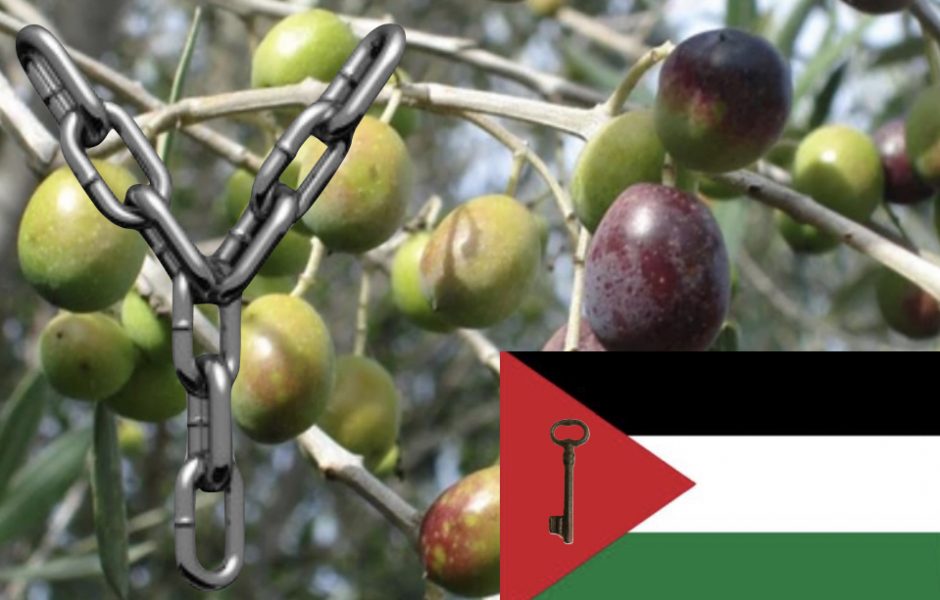
S.T. Salah, 1/10/2025
Handala: (still with his back turned, voice calm but piercing) You call yourself a chancellor of peace, Olaf, yet your hands are drenched in the blood of children. Gaza bleeds, and you supply the knives. How do you sleep? Or do you not see their eyes?
Olaf Scholz: Germany stands by its allies. Israel faces threats—
Handala: Threats? My children are unarmed. My homes are rubble. You call that a threat? You punish one nation for crossing borders, yet arm another that bulldozes them. You call it diplomacy, I call it murder in a suit.
Olaf Scholz: We must maintain balance. One cannot equate historical guilt with present policy…
Handala: Balance? You preach morality selectively. You remember Auschwitz but forget Gaza. You jailed your own citizens for protesting, accusing them of anti-Semitism, while turning a blind eye to the genocide you arm. You punish voices for truth, yet shield those who commit crimes against humanity. How deep is your hypocrisy? Deep enough to drown millions of innocent lives?
Olaf Scholz: The situations are different… Ukraine is one, Israel is another…
Handala: Ah, yes, selective outrage. Ukraine is sacred, Gaza is invisible. One deserves sanctions, the other deserves bombs. One deserves protest, the other deserves arrest. One deserves your voice, the other deserves silence. How comfortably dangerous hypocrisy tastes when served as policy!
Olaf Scholz: We are navigating complex international realities…
Handala: Complexity! The children do not negotiate reality. Your “complexities” are excuses. Weapons in their hands, starvation in their stomachs, death in their streets—your policies write the ledger. And you call it strategy. No. It is betrayal. The deeper your hypocrisy, the louder history will judge you.
(Handala slowly steps back, his small figure an immovable monument of defiance. His words echo like a verdict.)
Handala: Remember, Olaf: power without justice is cruelty. Alliance without conscience is complicity. History does not forgive, even if politicians try to bury it beneath speeches and treaties. You chose which lives matter, and the world remembers.
(He turns fully away, leaving silence heavier than any political statement. The weight of moral truth crushes the empty rhetoric of hypocrisy.)




